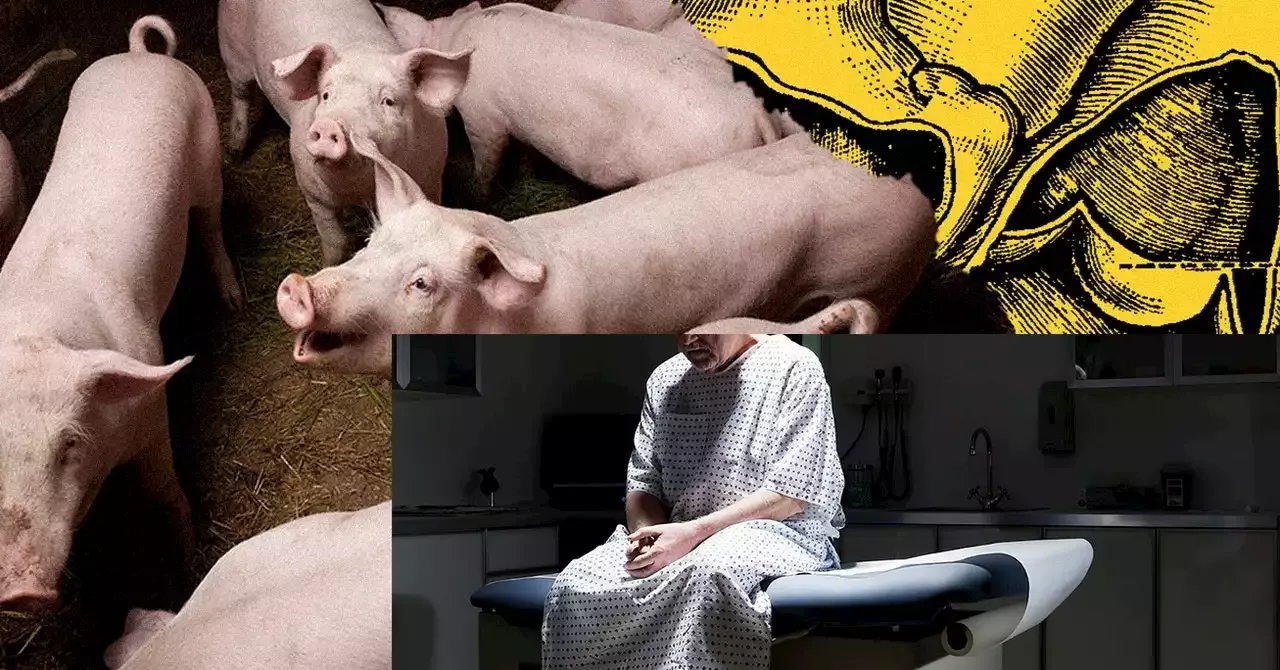The “miracle” pig heart transplant plays with the expectations of desperate patients and makes clear how the system values certain lives over others.
that it was the “solemn obligation” of a hospital to provide care based entirely on medical need, not on his history. The irony—or rather, the noncompliance ethical dilemma—is that a patient’s past is never used as a reason for refusing treatment. Until it is. Bennett, by virtue of his noncompliance from years before, had already found himself on a hierarchy of care that had little to do with need, and everything to do with history.
For proof, we need look no further than medical history. When in 1968 Christiaan Barnard took the heart from a 24-year-old Black man named Clive Haupt and placed it in the chest cavity of Philip Blaiberg, a white dentist with chronic heart disease, he didn’t just inaugurate a new era of heart transplant—.
In the 50 years since the first successful human heart transplants, a great deal has changed technologically, but vulnerable people still bear more of the risk and reap fewer of the benefits. Bennett remains alive with his new heart, almost two weeks after surgery, but no one yet knows when he will be able to leave the hospital. Bennett may be moving scientific progress forward, but he does so for the benefit of patients who won’t have to take his risk.
Can we progress science without these ethical dilemmas? We can, but it would mean leaving the for-profit model of biomedicine behind. In all such cases, including the historical ones, supply and demand have meant that the best treatment options go to those who can afford them—those with the greatest financial means or personal connections. When scarcity comes, the false equivalence between money and value means the privileged get better care.
If medical research, particularly in the United States, can divorce itself from the capitalist myth of surplus, then there is hope for a future of truly accessible transplants. In that future, Bennett would be allowed on the human heart waiting list, rather than having to prove himself through experimental surgery. Perhaps he may still have opted to have the pig heart transplant, but it would have been a free and clear choice, not made because there were no other options.
Norge Siste Nytt, Norge Overskrifter
Similar News:Du kan også lese nyheter som ligner på denne som vi har samlet inn fra andre nyhetskilder.
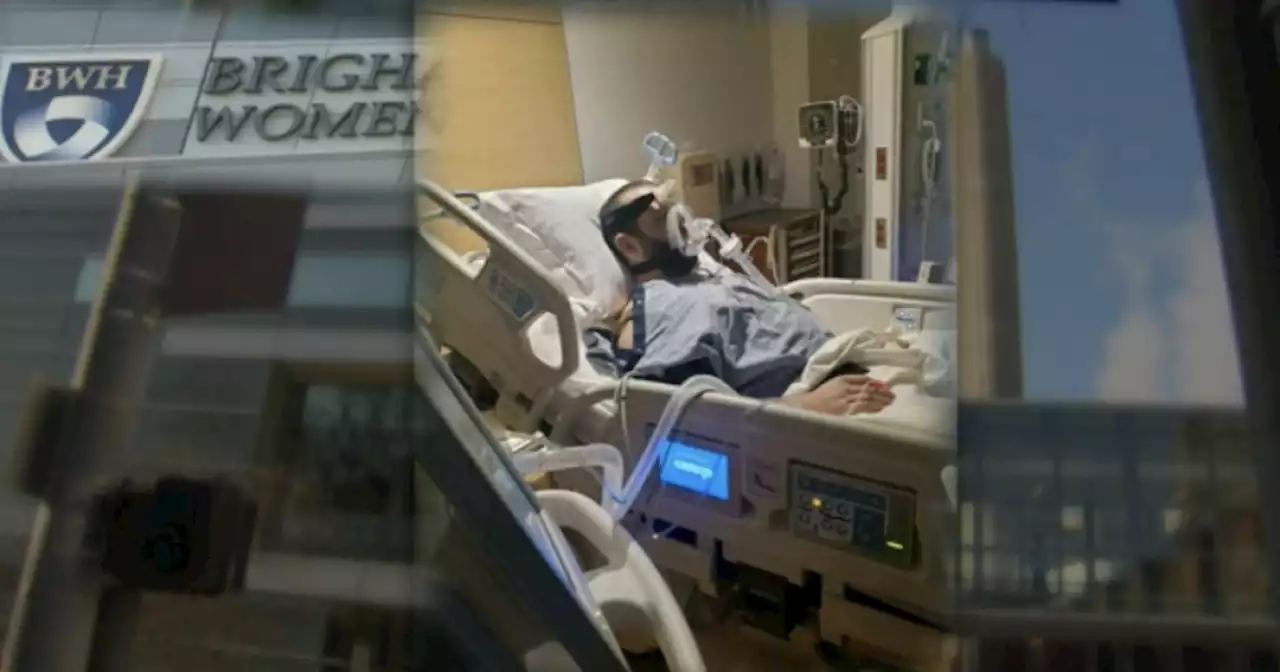 Boston man removed from heart transplant list for refusing to get COVID-19 vaccine, family saysA Boston man says his son has been removed from the organ transplant waiting list because he has not been vaccinated against COVID-19.
Boston man removed from heart transplant list for refusing to get COVID-19 vaccine, family saysA Boston man says his son has been removed from the organ transplant waiting list because he has not been vaccinated against COVID-19.
Les mer »
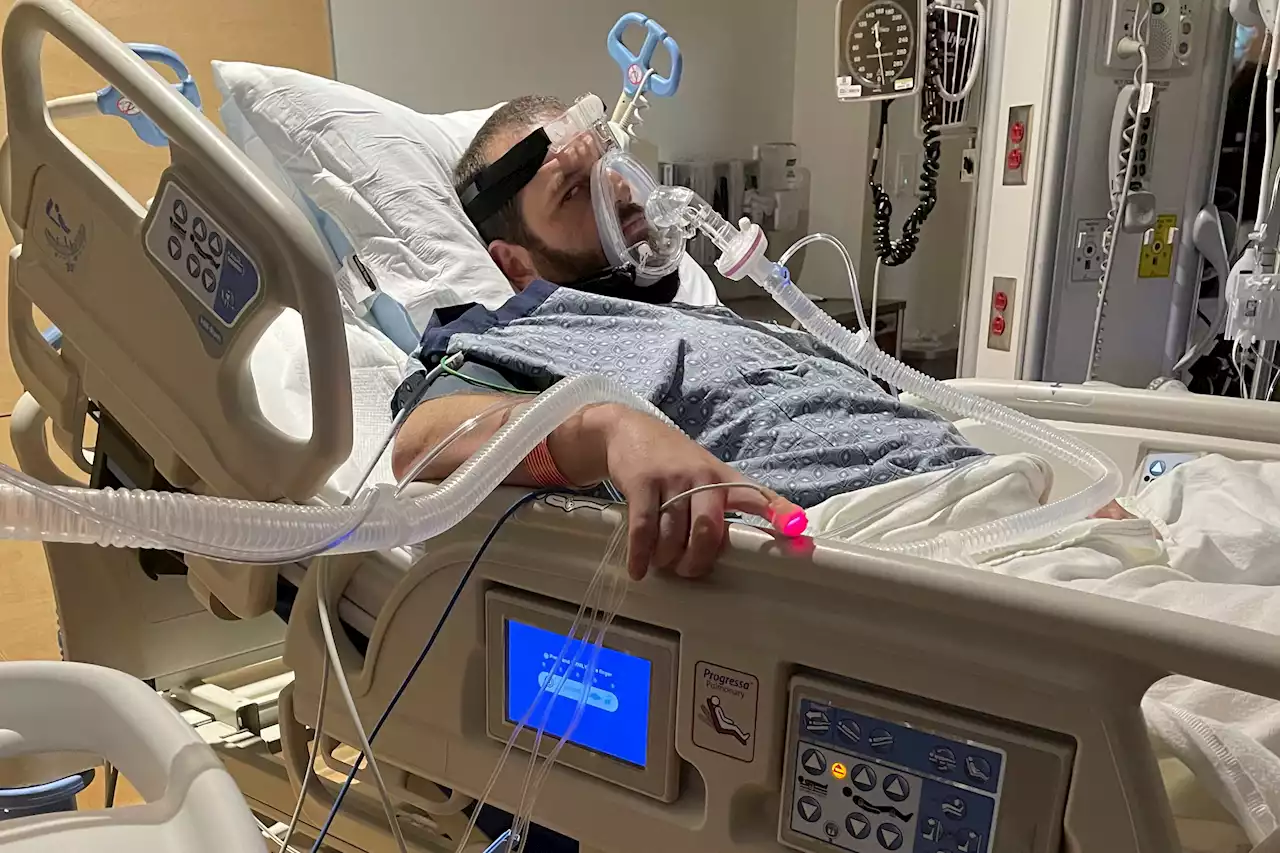 Boston Hospital Denies Heart Transplant To Unvaccinated PatientBrigham and Women’s Hospital said research has shown that transplant recipients are at higher risk than non-transplant patients of dying from COVID-19.
Boston Hospital Denies Heart Transplant To Unvaccinated PatientBrigham and Women’s Hospital said research has shown that transplant recipients are at higher risk than non-transplant patients of dying from COVID-19.
Les mer »
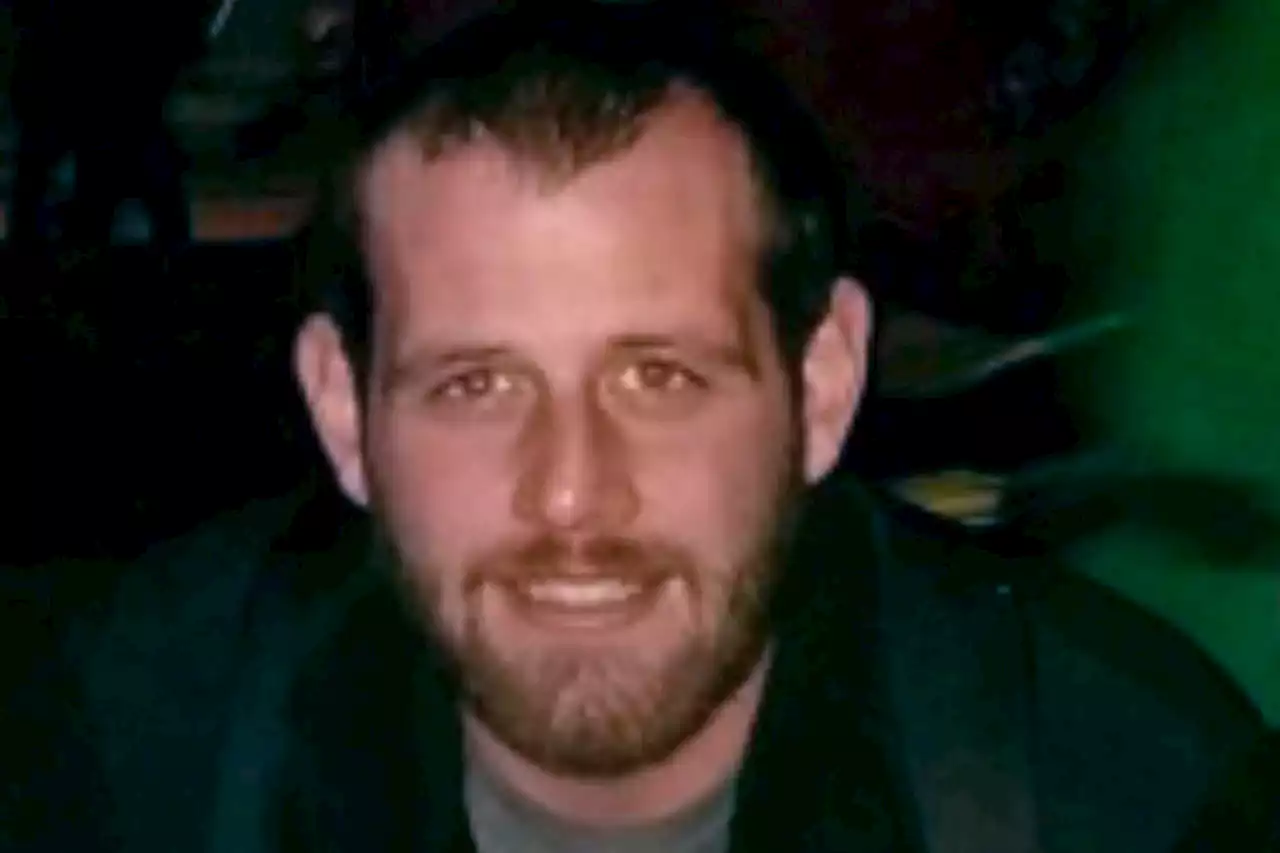 Hospital patient without COVID shot denied heart transplantBrigham and Women’s Hospital outside Boston said research has shown that transplant recipients are at higher risk than non-transplant patients of dying from the coronavirus.
Hospital patient without COVID shot denied heart transplantBrigham and Women’s Hospital outside Boston said research has shown that transplant recipients are at higher risk than non-transplant patients of dying from the coronavirus.
Les mer »
 Genetically-altered pig’s kidneys implanted into brain-dead patient, a medical first that could revolutionize organ donationsSurgeons at the University of Alabama at Birmingham implanted a genetically-modified pig’s kidneys into a brain-dead patient named Jim Parsons on Thursday, Sept. 30, 2021.
Genetically-altered pig’s kidneys implanted into brain-dead patient, a medical first that could revolutionize organ donationsSurgeons at the University of Alabama at Birmingham implanted a genetically-modified pig’s kidneys into a brain-dead patient named Jim Parsons on Thursday, Sept. 30, 2021.
Les mer »
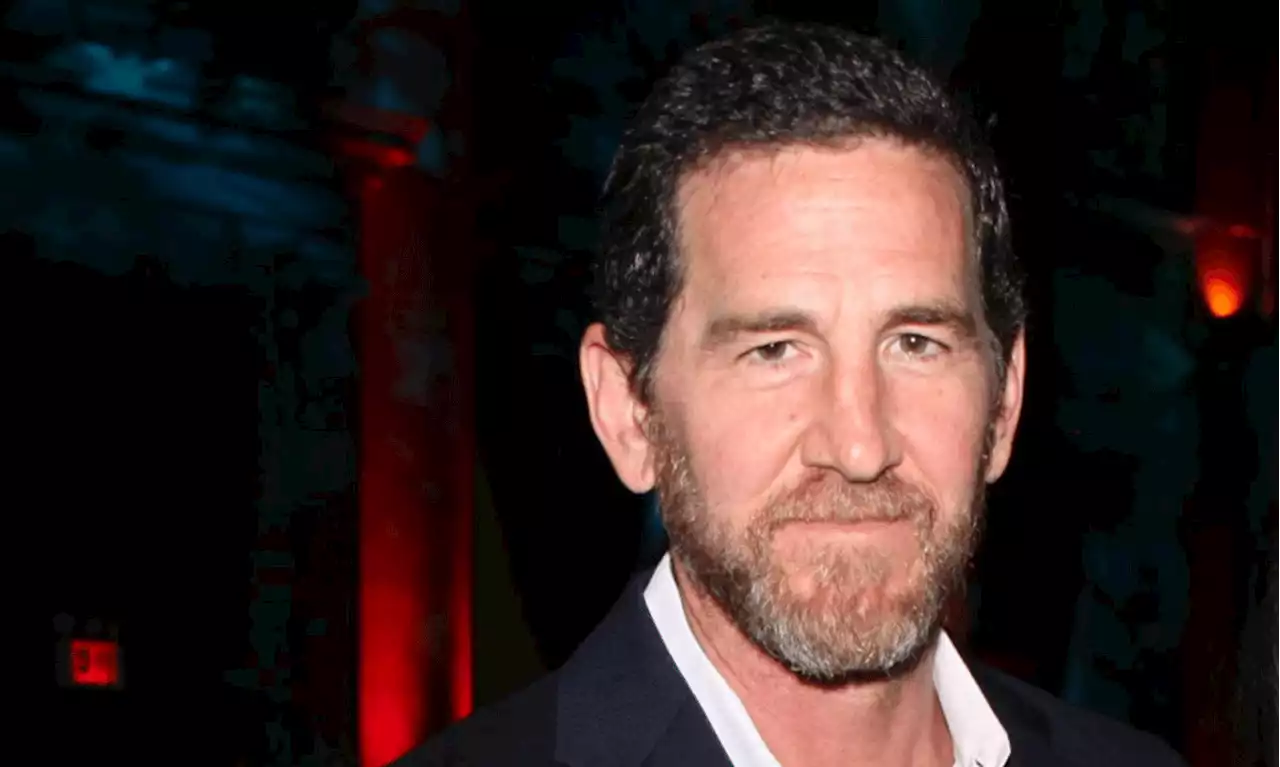 Former Goldman Sachs Exec Adam Dell Introduces a New Crypto Investment PlatformThe American venture capitalist Adam Dell launched a stocks and crypto investment platform called Domain Money.
Former Goldman Sachs Exec Adam Dell Introduces a New Crypto Investment PlatformThe American venture capitalist Adam Dell launched a stocks and crypto investment platform called Domain Money.
Les mer »
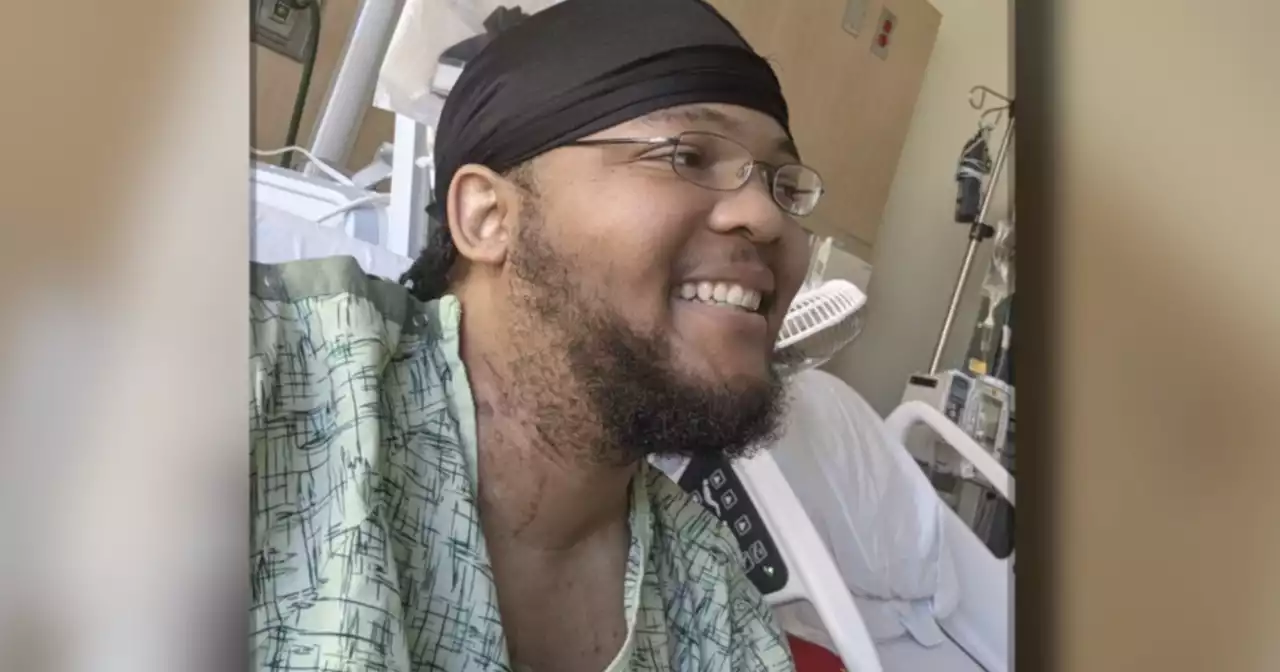 Man diagnosed with COVID-19 gets new heartDom Hill's Nov. 2020 COVID-19 diagnosis likely led to his need for a heart transplant.
Man diagnosed with COVID-19 gets new heartDom Hill's Nov. 2020 COVID-19 diagnosis likely led to his need for a heart transplant.
Les mer »
